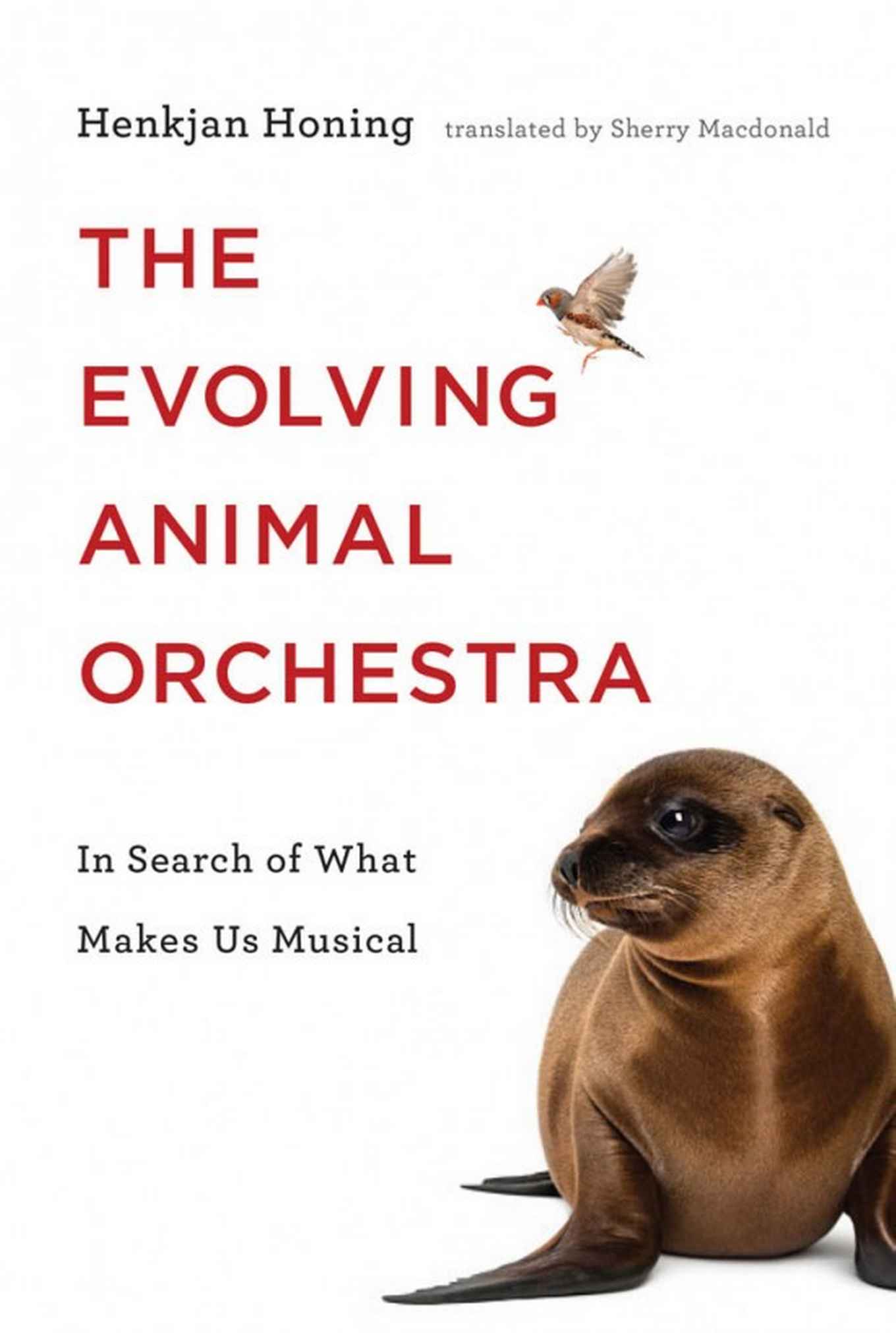The Evolving Animal Orchestra
4 April 2019

Charles Darwin believed that musicality was a capacity of all animals, human and nonhuman, with a clear biological basis. Taking this as his starting point, Honing—a music cognition researcher—visits a series of biological research centers to observe the ways that animals respond to music. He has studied scientists' accounts of Snowball, the cockatoo who could dance to a musical beat, and of Ronan, the sea lion, who was trained to move her head to a beat. Now Honing will be able to make his own observations.
Honing tests a rhesus monkey for beat perception via an EEG; performs a listening experiment with zebra finches; considers why birds sing, and if they intend their songs to be musical; explains why many animals have perfect pitch; and watches marine mammals respond to sounds. He reports on the unforeseen twists and turns, doubts, and oversights that are a part of any scientific research—and which point to as many questions as answers. But, as he shows us, science is closing in on the biological and evolutionary source of our musicality.
Publications details
- Title: The Evolving Animal Orchestra
- Author: Henkjan Honing (translated by Sherry MacDonald)
- Publisher: The MIT Press, 2019
- ISBN: 9780262039321